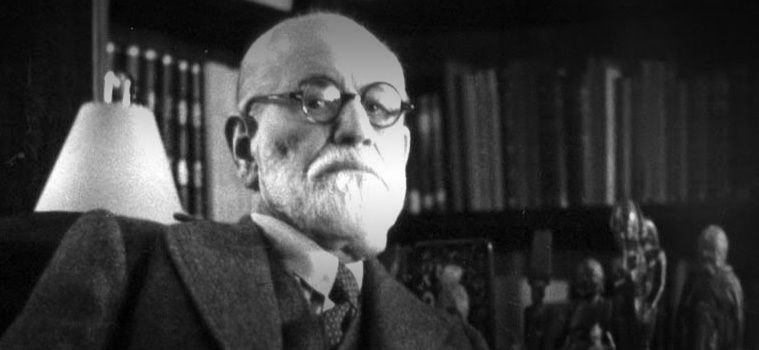WHY WE EAT? –
Nov. 11, 2023 – According to psychologist Sigmund Freud, these two simple motivations are responsible for our daily decisions. We pick up the chocolate bar for the rush of joy when it melts in our mouths. We spit out the scalding coffee and remember to blow on it the next time before taking a sip.
Instinctively, we repeat what gives us pleasure and flinch away from the pain.
The same principle is behind our choice of drinking alcohol. The allure of a drink often promises fleeting moments of pleasure: a buzz that lifts the weight off the shoulders, a sense of confidence in social situations, or an escape from mundane daily tasks. Our brains learn to associate the fleeting joy with the liquid in the bottle, so we return, time and time again.
Just like my cat couldn’t resist the idea of a hidden treat, many of us find it hard to resist what alcohol seems to promise. We associate beer with bonding, wine with relaxation, and rounds of shots with party and celebration. Alcohol, for many, represents more than just a drink. It becomes a symbol of desired states of being.
Our perceptions of alcohol don’t form in a vacuum. They’re cultivated over time through observations and external influences. Think about how often we see people in movies or on TV having a great time with a drink in their hand.



